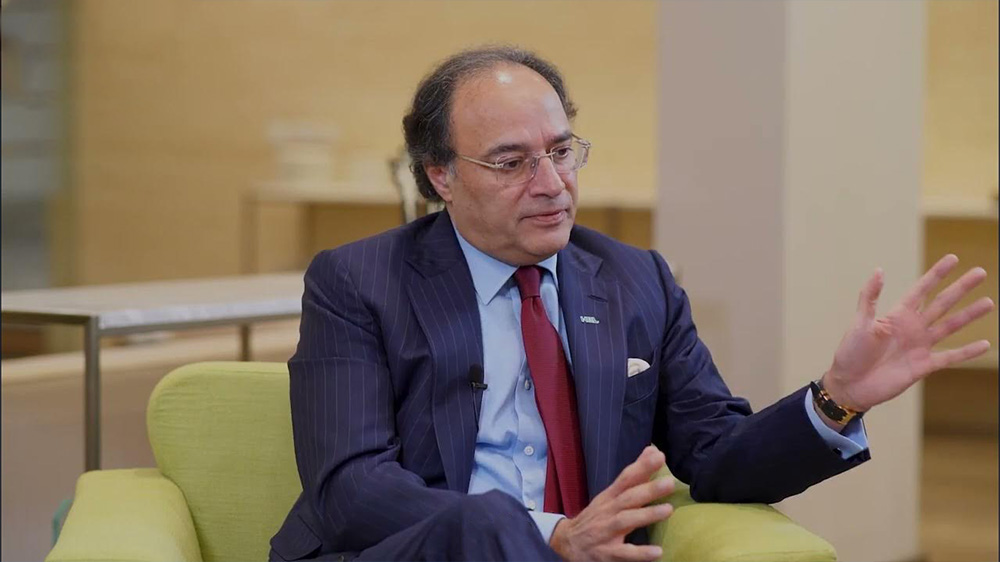- Web
- Feb 05, 2026
Aurangzeb encourages global investors to enter Pakistan’s growing market
-

- Web Desk
- Oct 26, 2024

ISLAMABAD: Pakistan’s Finance and Revenue Minister, Muhammad Aurangzeb, continued his busy schedule in Washington DC on the fourth day of his visit, where he is attending the 2024 Annual Meetings of the World Bank Group and the International Monetary Fund (IMF).
The Finance Minister took part in various investor meetings organised by major financial institutions such as Citibank, Standard Chartered, and JP Morgan.
Aurangzeb updated investors on Pakistan’s economic performance in the previous year, expressing optimism about the country’s progress, with key economic indicators showing positive trends.
Aurangzeb told investors that a number of reforms are under consideration by the government in areas such as taxation, energy, privatisation, and the restructuring of state-owned enterprises (SOEs).
He highlighted role of provincial governments in improving the tax-to-GDP ratio, stressing the importance of the National Fiscal Pact signed by the federal government.
He further discussed efforts to modernise Federal Board of Revenue (FBR) through improvements in personnel, processes, and technology.
Aurangzeb dealt with questions from investors on topics like creation of Sovereign Wealth Fund, the development of Special Economic Zones (SEZs), and the ongoing negotiations on Power Purchase Agreements (PPAs) with Chinese Independent Power Producers (IPPs).
Later, the Finance Minister met with the President of the Islamic Development Bank (IsDB), Dr. Muhammad Sulaiman Al Jasser, and thanked the IsDB for its continued support.
He praised the bank’s investment in key sectors such as energy, transportation, education, and health, and highlighted role of IsDB in financing the Mohmand Dam project, alongside other Arab Coordination Group members.
Aurangzeb was of the view that such collaborations could pave the way for co-financing larger projects in near future.
In a luncheon with the US-Pakistan Business Council (USPBC), Aurangzeb acknowledged the Council’s efforts to strengthen economic ties between Pakistan and the US.
He pointed out that more than 80 American companies are already operating in Pakistan, a sign of confidence in the country’s investment potential.
He encouraged further US investment, noting the government’s pro-business policies and the streamlined services offered through the Special Investment Facilitation Council (SIFC).
Read next: Pakistan’s economy expected to recover as reforms address key issues: IMF




